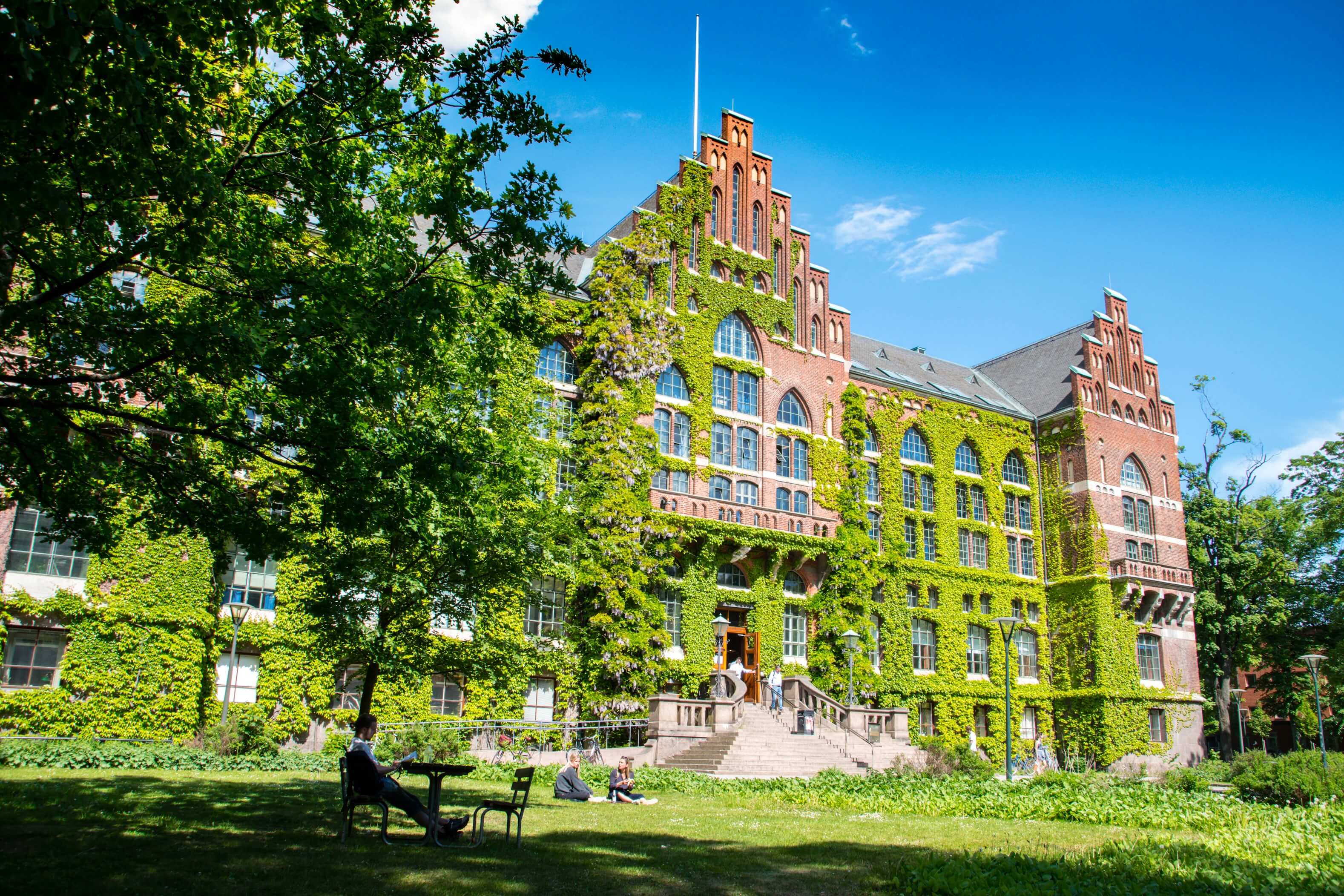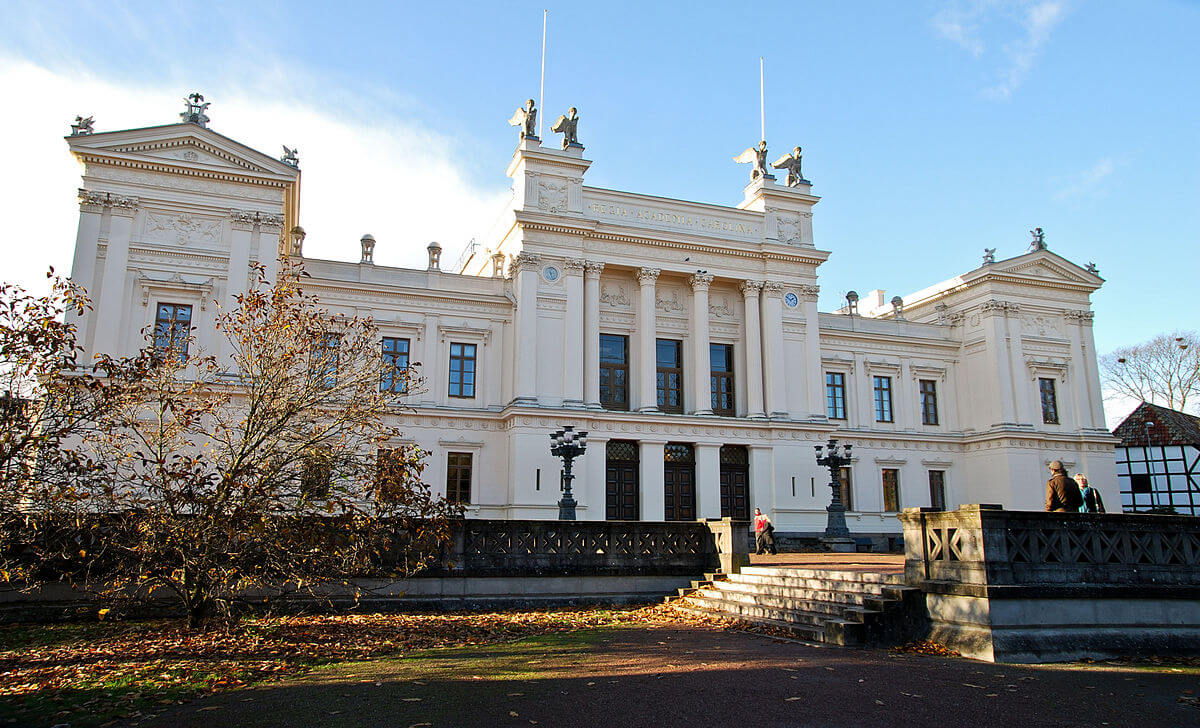Programme modules/courses The programme consists of compulsory courses (75 credits), alternative-compulsory courses (30 credits), elective courses (60 credits) and ends with a Bachelor’s degree project (15 credits) on a topic of interest.
Compulsory courses: The first part of the programme covers analysis in one and several variables, foundations of algebra, linear algebra, mathematical statistics and probability theory. These courses constitute the theoretical core that is fundamental to applied mathematics, statistics, mathematical physics, economics and many other areas.
Alternative compulsory courses: After completing the compulsory courses students are offered a wide range of courses in pure mathematics, mathematical statistics and numerical analysis. Discrete mathematics, number theory, abstract algebra, topology, ordinary differential equations, complex analysis, differential geometry are some of the main areas in pure mathematics that are available within this course module. Courses in mathematical statistics, probability theory and scientific computing provide the balance between mathematical theory and practical applications.
Electives courses can be chosen amongst more advanced courses within the mathematical sciences as well as other disciplines available across the University. At least 30 credits must be courses outside the range of mathematical sciences. Most students choose to combine mathematics with physics, computer science or economics. Elective courses offer students the possibility to both deepen and broaden their knowledge according to their own objects of interest.
Bachelor´s Degree Project may be done in pure mathematics, mathematical statistics or numerical analysis on a subject of interest chosen in cooperation with a supervisor. The project may be of theoretical character but can also be done in an applied area in cooperation with an industrial partner.
Show less












